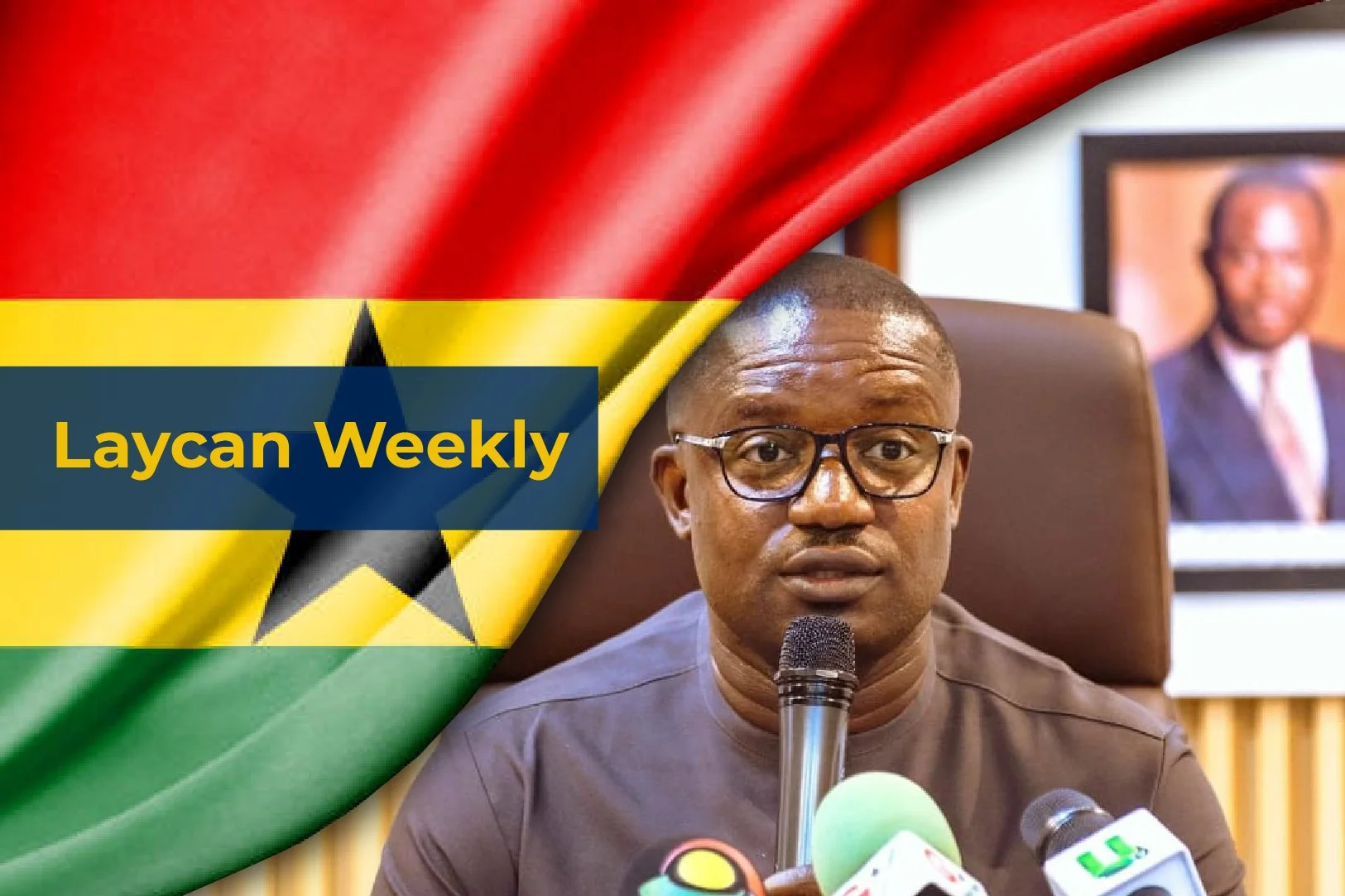Power Moves: Ghana’s Bold Reset in Energy and Economic Governance
This past week, as global markets tracked oil price fluctuations and LNG contracts in Asia edged into new territory, Ghana turned its focus inward to tackle something more foundational. Three quiet but deliberate moves signaled a serious shift in how the country manages its energy sector, governs public assets, and redefines its engagement with private capital.
The first was the inauguration of an Interministerial Committee on Public Private Partnerships, chaired by the Minister of Finance. Its task is clear. Rescue stalled infrastructure projects and accelerate new ones through structured and accountable partnerships. In a global environment where investment capital is seeking certainty, not just opportunity, Ghana is making a case for itself. It is not only speeding up processes but redesigning how government collaborates with the private sector to unlock national infrastructure.
Second, a Special Committee has been launched to conduct a full audit of arrears in the energy sector. For over a decade, the sector has carried a burden of hidden liabilities, unpaid bills, and ambiguous claims. These have clouded balance sheets and weakened the case for private investment. The new audit is not just about numbers. It is a strategic decision to clarify the financial terrain. Investors want transparency. Ghana is offering it.
Third, the establishment of a Centralised Asset Management Committee marks a shift in how the state views its infrastructure. From dormant fuel depots to underutilised terminals, these assets have long existed as fixed entries on government ledgers. Now they are being reclassified as dynamic tools of economic recovery. The mandate is to catalogue, value, and revitalise these national assets into productive use.
These reforms are not isolated actions. They are part of a wider architecture of economic governance that Ghana is methodically assembling. The audit helps expose risks and reduce uncertainty. The asset management framework ensures that capital already deployed is optimally used. And the PPP committee creates a mechanism to attract new capital with a clearer value proposition. Together, they provide a foundation for energy projects that are bankable, transparent, and resilient.
Consider the implications. A previously inactive depot in the Western Corridor may now be reviewed, restructured, and leased for strategic petroleum storage. A stalled pipeline project with unresolved payment terms could be reengineered under new governance rules. These may not be headline projects, but they represent real progress in unlocking growth from within.
Ghana’s approach fits into a larger story unfolding across Africa. Nigeria is recalibrating its downstream model following fuel subsidy reforms. Angola is pushing deeper reforms in upstream contract management. Kenya is tightening controls over energy-linked public debt. Across the continent, governments are not waiting for shocks. They are correcting structural imbalances before the next one arrives.
In Ghana’s case, the pivot is more institutional than operational. It is not about new generation capacity or gas discoveries. It is about preparing the ground. Building systems that can support future energy expansions without repeating past inefficiencies. That is where long-term confidence begins.
Investors take note when balance sheets are cleaned, when assets are revalued, and when governance structures move from rhetoric to execution. These are the signs of a serious energy economy in the making.
Ghana’s current moment is not about big unveilings. It is about structural choices that set the tone for the next decade. In governance, as in infrastructure, what matters most is what lies beneath. And this past week, Ghana began reinforcing its foundation.
These are the power moves that shape the future.

